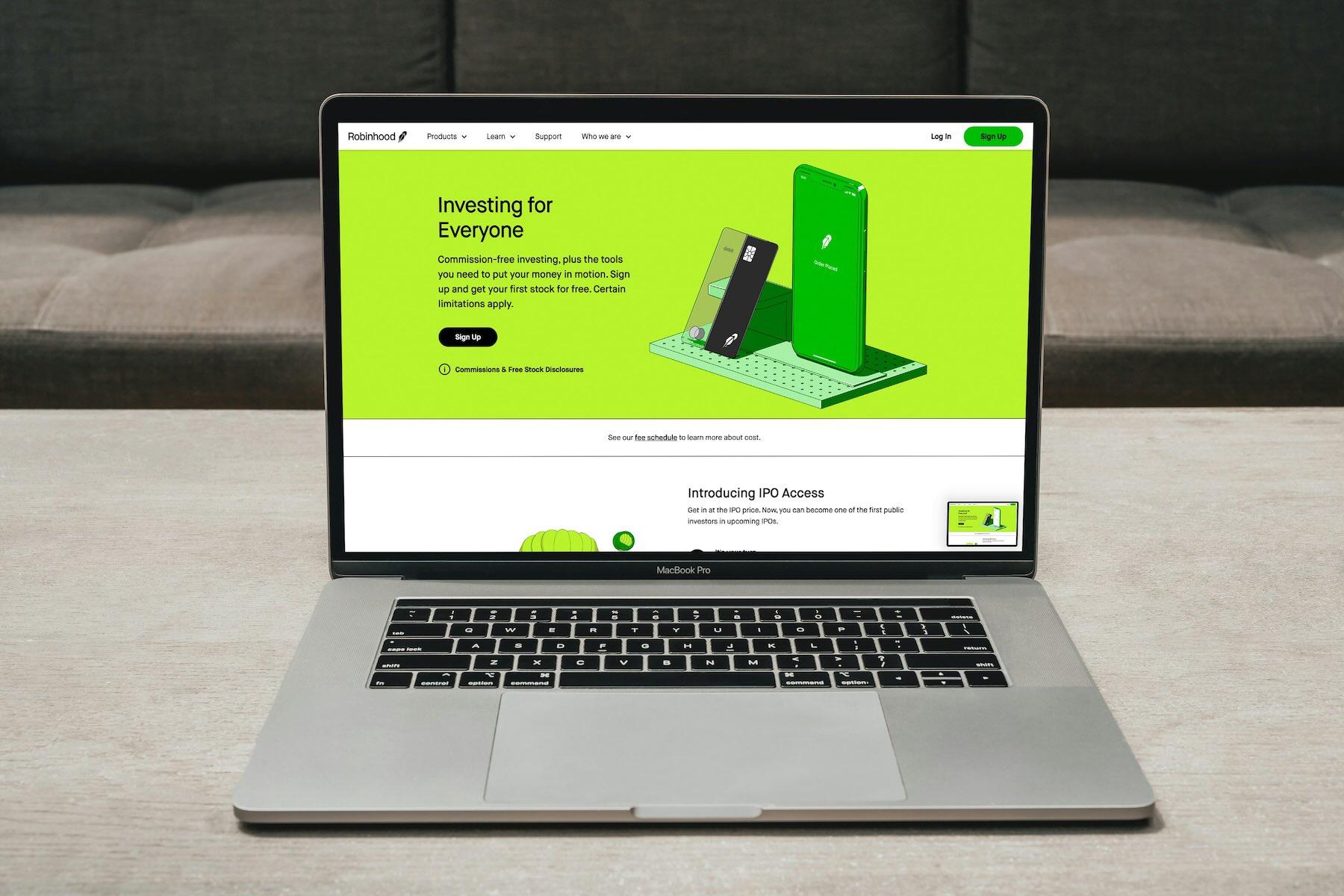According to Robinhood, “you’re the legal owner of the crypto” you buy on their platform and that grants you “rights and benefit of ownership, including the rights to appreciation and depreciation of the crypto”.
Bitcoin ownership begins with ownership of private keys. Fortunately, Robinhood offers its users both custodial and non-custodial Bitcoin wallets. A majority of coins held by Robinhood users are held in cold storage while non-custodial users can easily connect their wallets with various types of hardware wallets for improved ownership.
What Does it Mean to “Own” Bitcoin?
Owning Bitcoin or any other cryptocurrency means controlling and accessing its private keys. For the uninitiated, a Bitcoin private and public key is simply the digital credentials that enable you to interact with and control your cryptocurrency holdings on the blockchain.
You can choose to store the private keys to your Bitcoin on a device such as a laptop or smartphone, or you can store the private keys online with a hot wallet.
Here’s what the private and public keys entail:
Private Key: The private key is a secret, alphanumeric string known only to the owner of the wallet holding the Bitcoin. You can think of it as a digital signature that is a must-have for authorizing Bitcoin transactions. If someone gains access to your private key, they can control and transfer your cryptocurrency without your consent. It is essentially the key to your crypto “vault”.
Public Key: The public key is derived from the private key through a mathematical process. It serves as your cryptocurrency address, allowing others to send funds to you. While the public key is safe to share, revealing the private key to anyone jeopardizes the security of your crypto holdings. Together, the private and public keys represent your wallet’s security and accessibility.
Understanding the significance of these keys is paramount for securing your digital assets no matter where you buy Bitcoin or crypto from.
What Bitcoin Ownership Looks like on Robinhood
If you hold your cryptocurrency on a centralized exchange within a custodial wallet, the exchange manages the private keys on your behalf. That means they technically own the Bitcoin and hold it on your behalf.
In such a case where you are using a custodial Bitcoin wallet, you are essentially purchasing a derivative or a representation of the asset rather than owning the actual cryptocurrency itself.
In the case of Robinhood, you have full ownership if you use Robinhood’s Crypto wallet, which is a self-custodial wallet. The private keys to your Bitcoin wallet will be stored by you on the mobile device you use to download the app.
You will be prompted to store your private keys which come in the form of a 12 or 24-word phrase. This secret phrase is important and should be backed up in case you lose access to your mobile device.
Is Bitcoin on Robinhood secure?
Robinhood is one of the go-to platforms for investors and traders looking for a commission-free trading platform with access to various investment vehicles including stocks, ETFs and crypto.
Robinhood rolled out a custodial crypto wallet for its users in early 2022 and soon after announced plans to issue a non-custodial wallet to its millions of users.
Today, you can securely buy, sell and hold various types of cryptocurrencies on Robinhood including Bitcoin, Dogecoin, Ethereum, and Polygon (MATIC), to mention a few, starting with as little as $1.
The Robinhood Wallet app is self-custody, meaning you can use it to hold, send and receive Bitcoin, Dogecoin, Arbitrum, Polygon and other cryptocurrencies. Their self-custody wallet or non-custodial wallet allows you to take charge of your Bitcoin private keys.
By having control over your private keys through the Robinhood Wallet’s self-custody feature, you eliminate the need to trust third-party entities with the security of your cryptocurrency holdings.
This decentralized approach aligns with the fundamental principles of blockchain technology, providing you with increased autonomy and reducing the risk of unauthorized access or potential security breaches.
Different Ways to Actually Own Your Bitcoin
There are different ways to own and hold cryptocurrencies, and each method has its pros and cons:
Decentralized Cryptocurrency Exchanges
Decentralized Exchanges (DEXs) like Uniswap or SushiSwap operate on blockchain networks and provide more control over your funds since you retain control of your private keys. You can use DEXs to connect your wallet directly to the exchange and trade at a peer-to-peer level with the DEX.
Cryptocurrency Wallets
Hardware wallets: Physical devices like Ledger or Trezor provide a high level of security by keeping your private keys offline. They are considered one of the safest options for long-term storage.
Software wallets: Wallets like Electrum, MyEtherWallet, or Exodus can be installed on your computer or mobile device. They offer a balance between security and convenience.
Paper wallets: A paper wallet involves printing or writing down your private and public keys on paper. This method is considered cold storage and provides a way to keep your keys offline, reducing the risk of online hacking.
Cryptocurrency Custodians
Some institutional services and cryptocurrency custodians offer storage solutions for large investors. These custodians focus on high-security measures and are often used by institutional investors.
Pick Your Bitcoin Storage Carefully
As mentioned above, Bitcoin ownership comes down to ownership of the private keys to the wallet holding the Bitcoin. Be careful when picking your cold storage options. You can go ahead and use hot wallets on an exchange to buy Bitcoin but when it comes to long-term storage, check out the different ways to store Bitcoin as highlighted above. For greater security and control, using private wallets or hardware wallets is generally recommended. Always be aware of the risks and take necessary precautions to secure your assets.
